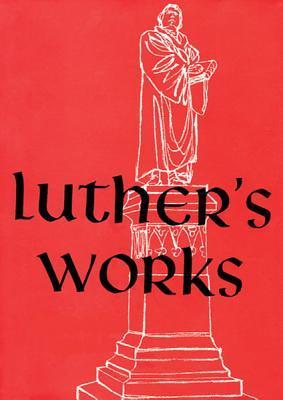What do you think?
Rate this book


The 55-volume set of Luther's Works, a monumental translation project published jointly by Fortress Press and Concordia Publishing House in 1957, is singular in its value to church historians, Luther scholars, and Christians. The message of Martin Luther's faith has never spoken more clearly and more comprehensively than here, and now that the entire set is available on CD-ROM, his message will never speak more freely. This truly exquisite offering will put the entire Luther corpus at the command of a few keystrokes and provide the reader with a Luther resource unrivaled in accessibility and convenience. Luther's Works on CD-ROM is indispensable for studies of Luther and invaluable for preachers.
The first thirty volumes contain Luther's expositions of various biblical books, while remaining volumes include his Reformation writings and occasional pieces. The final volume of the set contains an index of quotations, proper names, and topics, and a list of corrections and changes. The CD-ROM will also contain a glossary of many of the technical terms that recur in Luther's works and links to every biblical reference.
252 pages, Hardcover
First published September 1, 1971